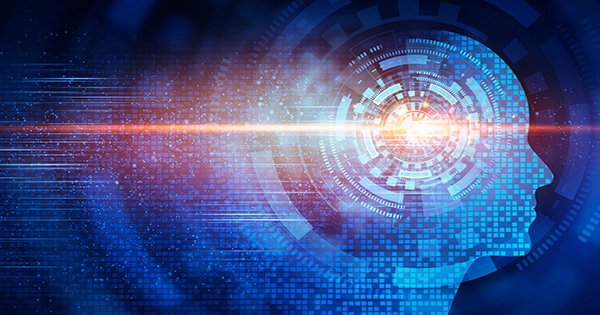This week, the leading researcher at OpenAI made a shocking claim: artificial intelligence may already be sentient. “It may be that today’s huge neural networks are partially conscious,” Ilya Sutskever, chief scientist of the OpenAI research group, tweeted today.
That is, without a doubt, an unorthodox viewpoint. The general consensus among AI experts is that the technology has come a long way in the last decade, but it still lags far beyond human intelligence, let alone being close to perceiving the world consciously. It’s possible that Sutskever was joking, but it’s also plausible that, as the head of one of the world’s most prestigious AI labs, he’s already gazing downrange.
He’s been fascinated by artificial general intelligence, or AGI, which refers to AI that is human or superhuman in nature. For example, during his appearance in the AI documentary “iHuman,” he stated that AGIs will “address all of the problems that we have today,” before cautioning that they will also have the “potential to build indefinitely stable dictatorships.” Sutskever, who cofounded OpenAI with Musk and the company’s CEO Sam Altman in 2015, appears to be the first to suggest that machine consciousness has already arrived in this tweet.
Even weirder is the fact that OpenAI began as a non-profit dedicated to reducing the existential threats posed by sentient computers — before, in an unexpected turn, delving into research to bring powerful AI into life. The group has a history of drama and scandal.
Musk departed OpenAI in 2019 after it was revealed that the company had developed a “fake news” text generator that some deemed too hazardous to share. Musk claimed he was leaving the organization, which he co-founded in 2015, because he “didn’t agree with parts of what [the] OpenAI team wanted to accomplish,” and said he hadn’t worked on it in over a year. OpenAI declared a month later that it was no longer a charity and had switched to a “capped profit” model.
Since then, Musk appears to have shifted his position away from his initial skepticism, predicting that Tesla’s upcoming humanoid robots “might play a role in AGI” this year, though he added that his car company will do its “best” to keep its AI in check and achieve “decentralized control of the robots.” Meanwhile, OpenAI has spent the time since continuing to develop contentious AI in the hopes of ensuring that “artificial general intelligence benefits all of humanity,” as stated in the company’s mission statement.
It has also remained in the news, most notably when one coder utilized its disturbingly sophisticated GPT-3 model to create a chatbot imitating his dead fiancée, and when a group of gamers sought to persuade the bot to spew pedophilic content. GPT-3 has now been re-configured by OpenAI, and it is now much “better-behaved,” according to the MIT Technology Review in January 2022. It’s possible that hyper-advanced AI is a foregone conclusion. It’s also possible that progress stalls and we never see it, or that it takes an inordinate amount of time. However, hearing a well-known expert claim that we’re already seeing the rise of conscious machines is startling.













